What are the nutritional differences between fruit juice and whole fruit? Does drinking juice provide more nutrients than you are consuming sweetened water?
Fiber factor
The fiber content represents the main contrast between consuming whole fruits and drinking fruit juice. Traditional juicing methods like centrifugation or cold pressing remove most of a fruit's fibers while extracting juice from its skin and flesh.
The presence of fiber helps to decelerate sugar absorption which results in blood sugar levels remaining stable. The fiber helps to prolong your fullness duration while promoting healthy intestinal functions. Juice will cause blood sugar levels to rise more rapidly when consumed in large quantities if it lacks fiber content.
nutrient density
Juicing delivers a potent vitamin source when you blend various fruits with vegetables. Consuming additional nutrients becomes very suitable when your diet needs to grow.
During the juicing process fiber loss and air exposure (oxidation) significantly reduce vitamin C and antioxidant levels over time.
Whole fruits provide a balanced nutritional package that includes fiber, water, natural sugars, vitamins, and minerals while preventing excessive sugar consumption.
Natural fruits provide high fiber content and natural fullness that helps prevent us from consuming too much food.
Convenient and Digestive
People with digestive issues or those who are recovering benefit from fruit juice because it is less challenging to digest while providing gentle nutritional support. Traveling or feeling disinclined to eat solid fruit makes it convenient to choose this option.
You should only use juice to supplement your diet rather than using it as a replacement.
According to the expert juice serves as a dietary addition but cannot fully stand in for whole fruit. The complete array of nutrients from both fiber and whole fruit is essential for your diet.


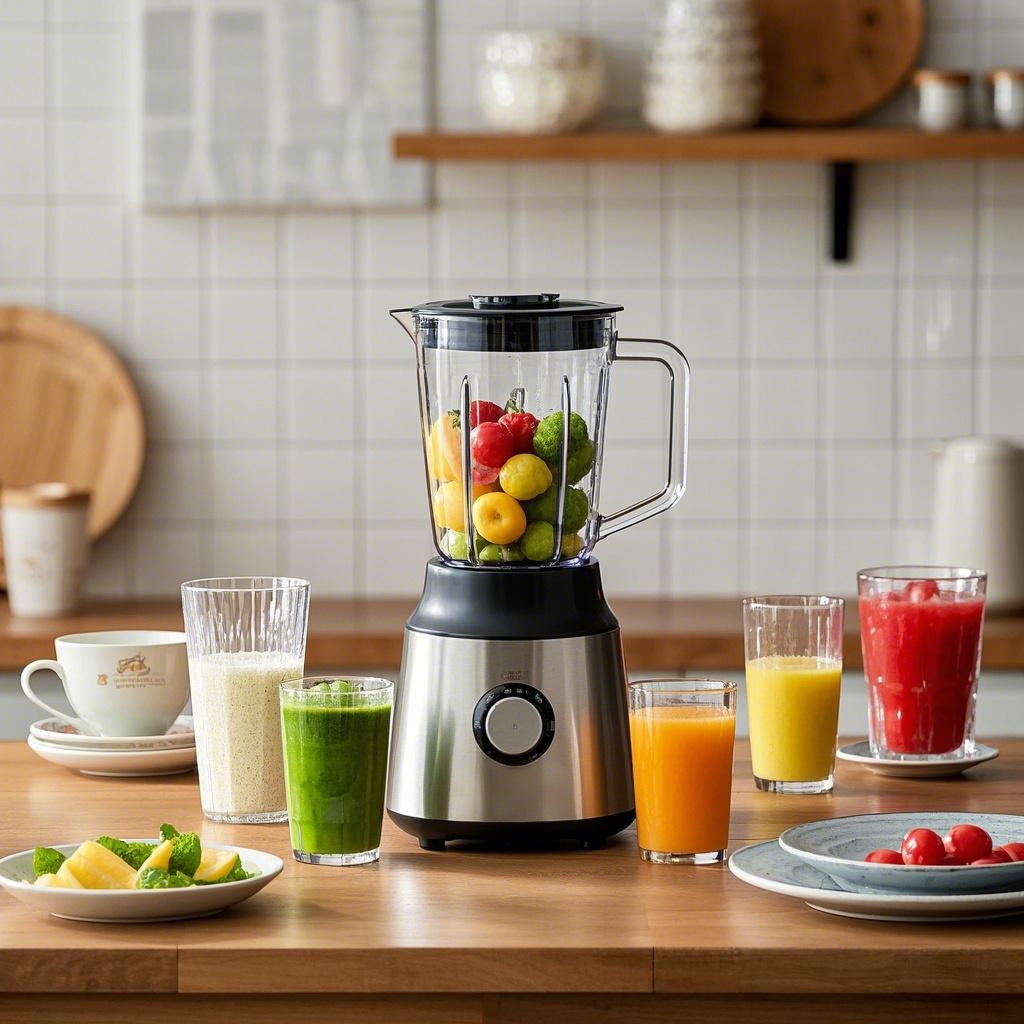
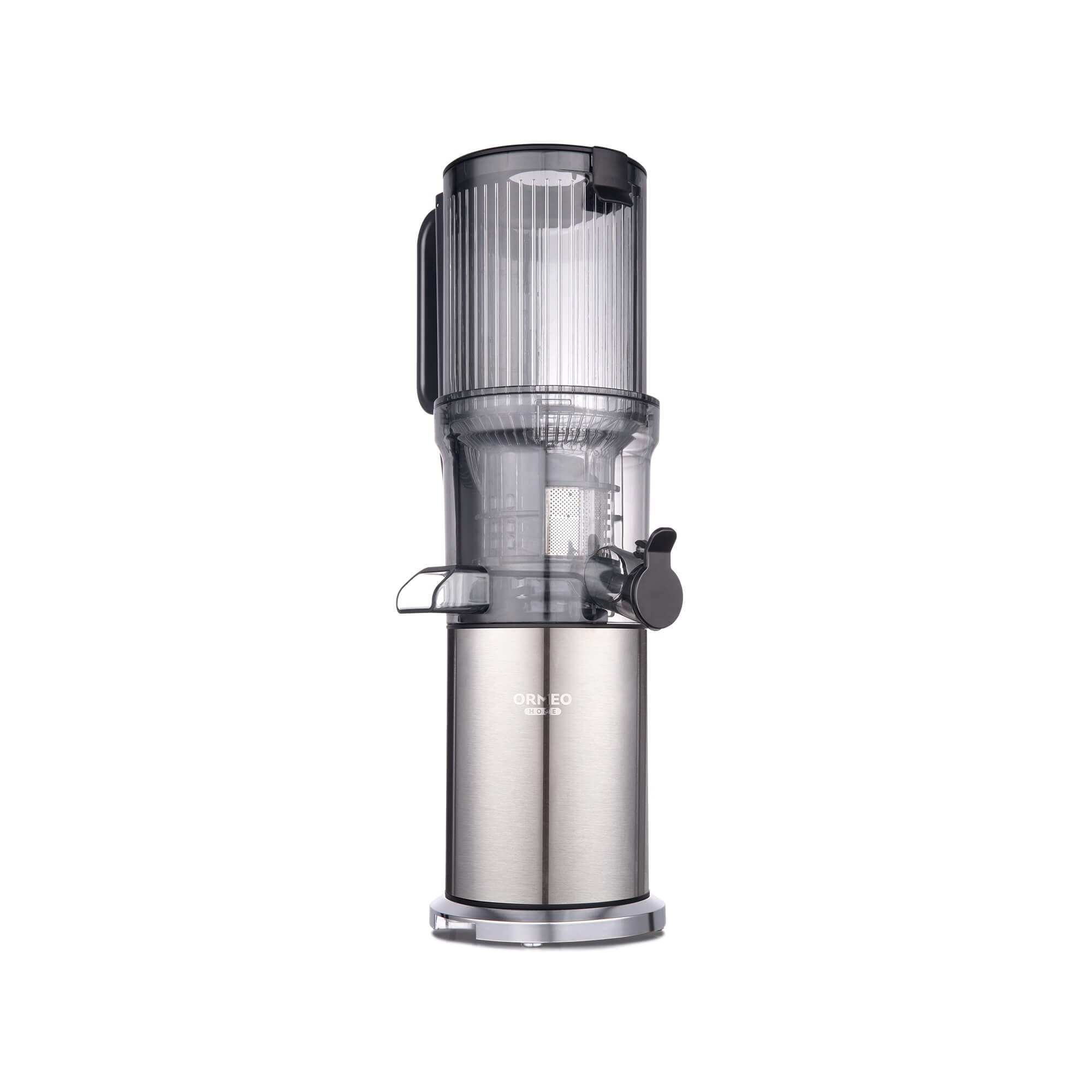
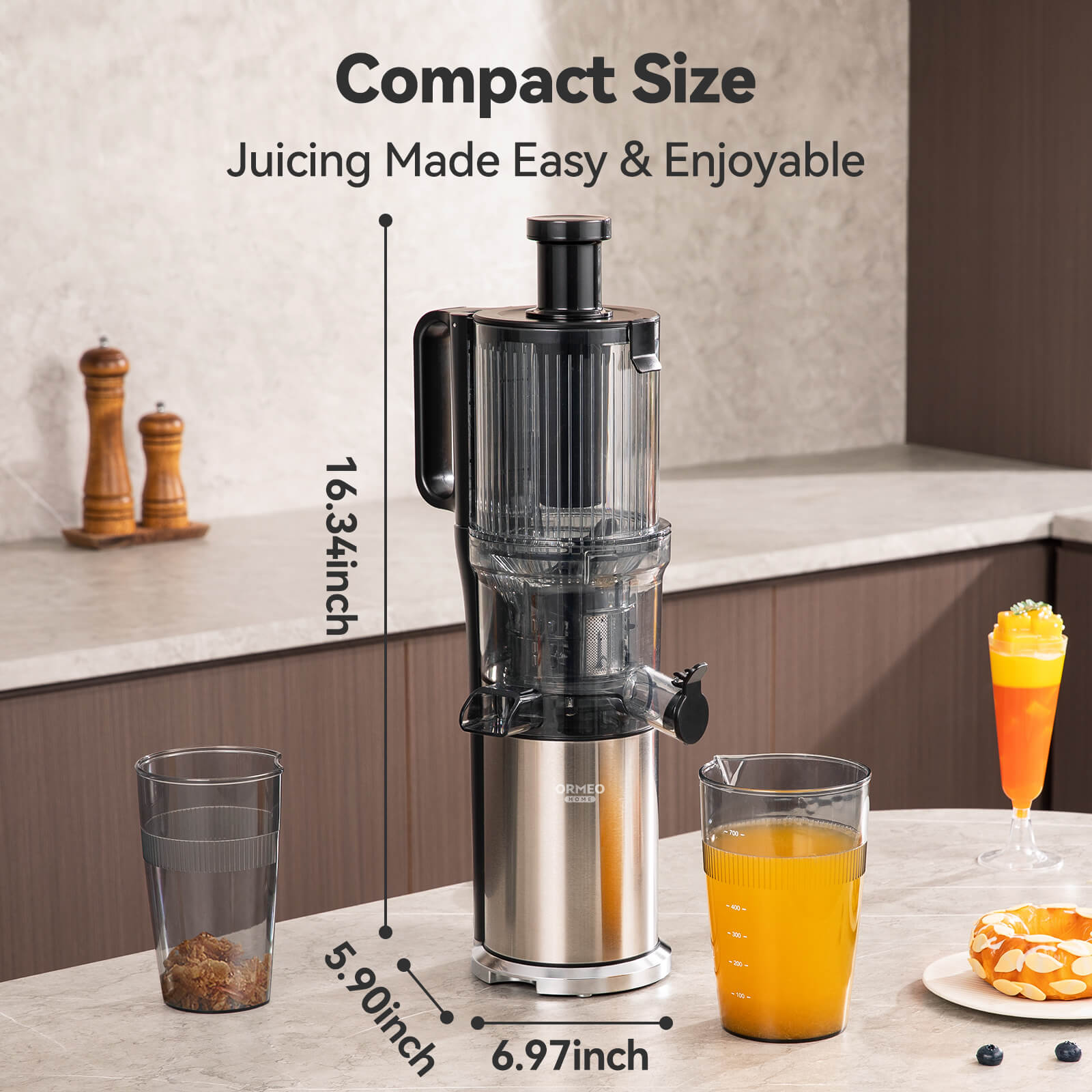

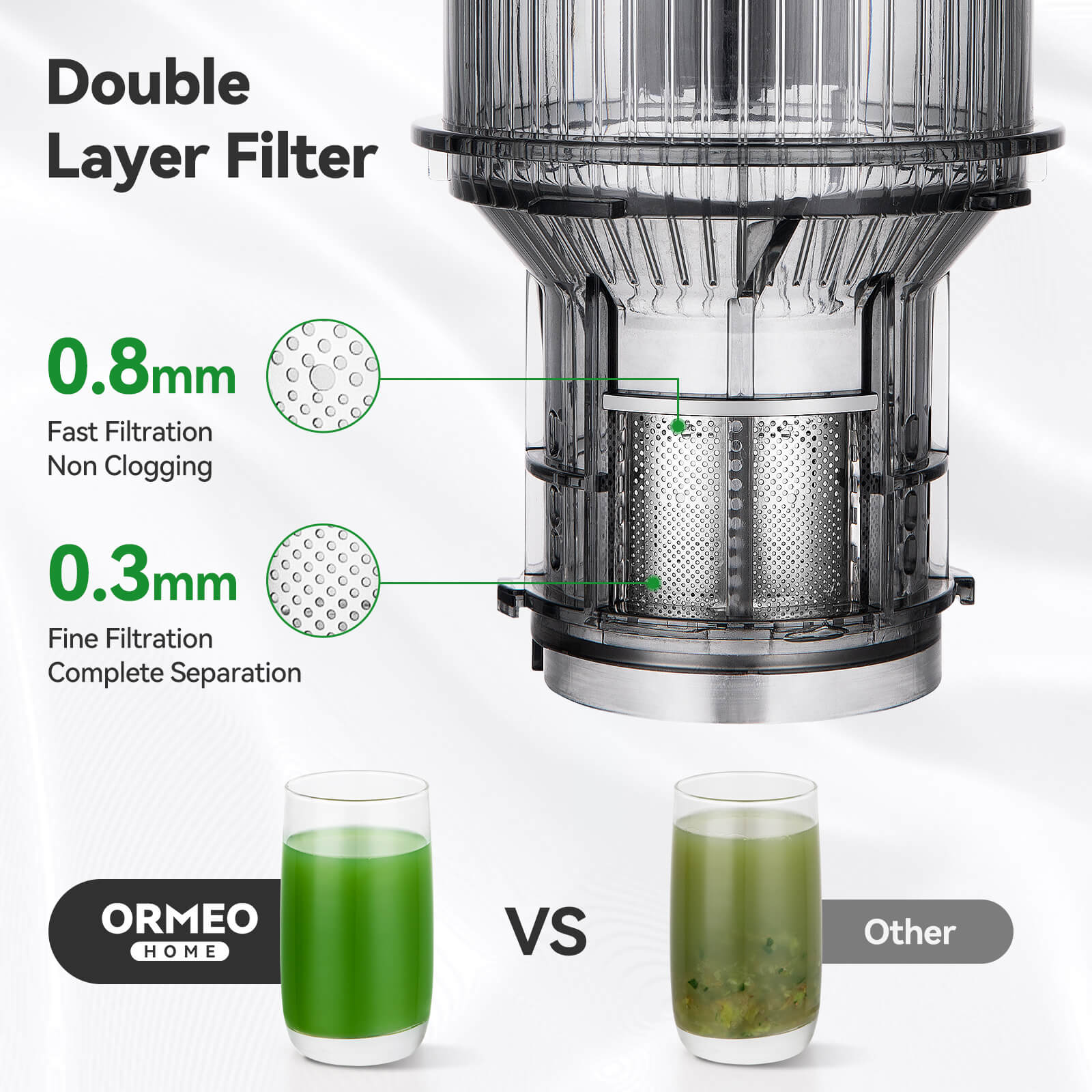
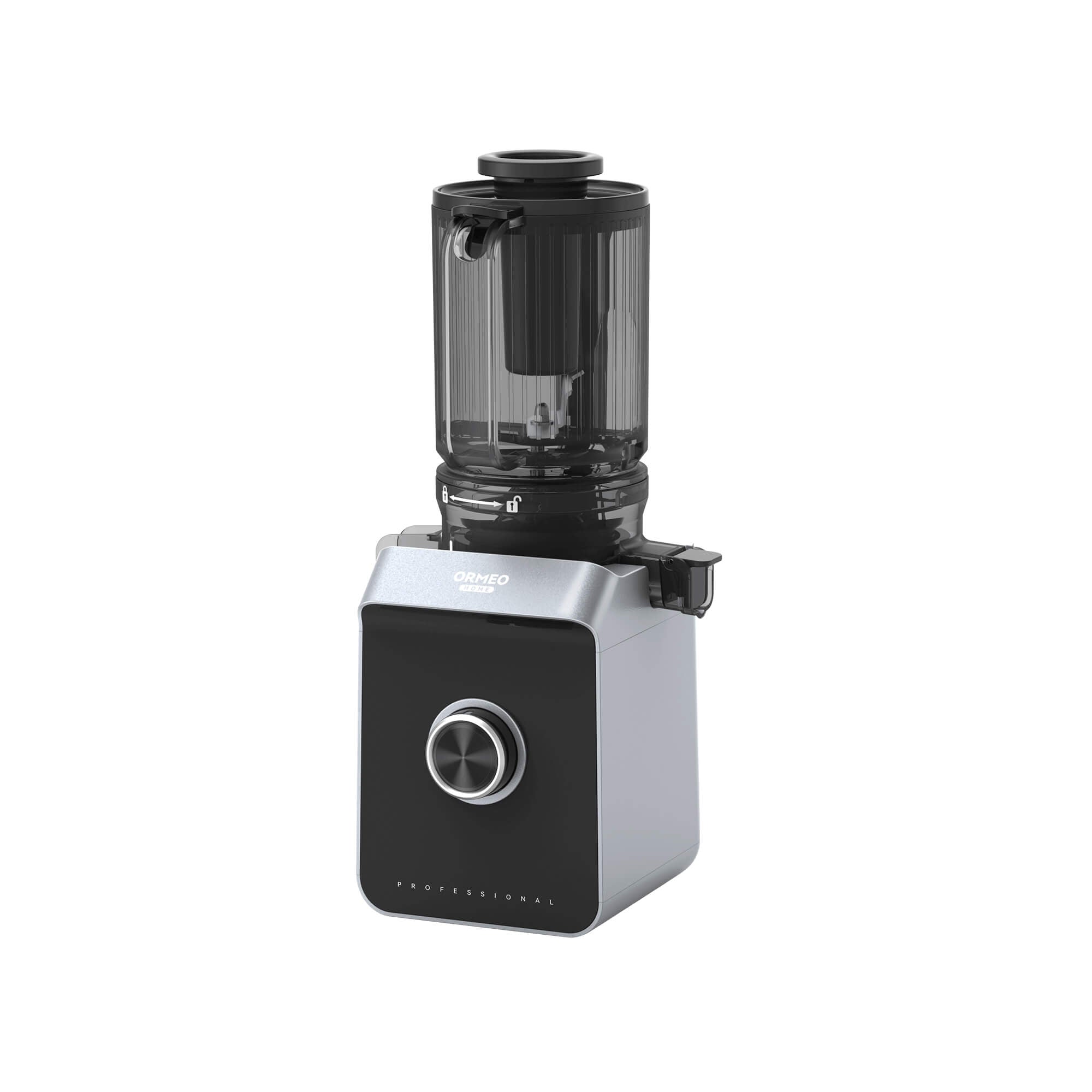
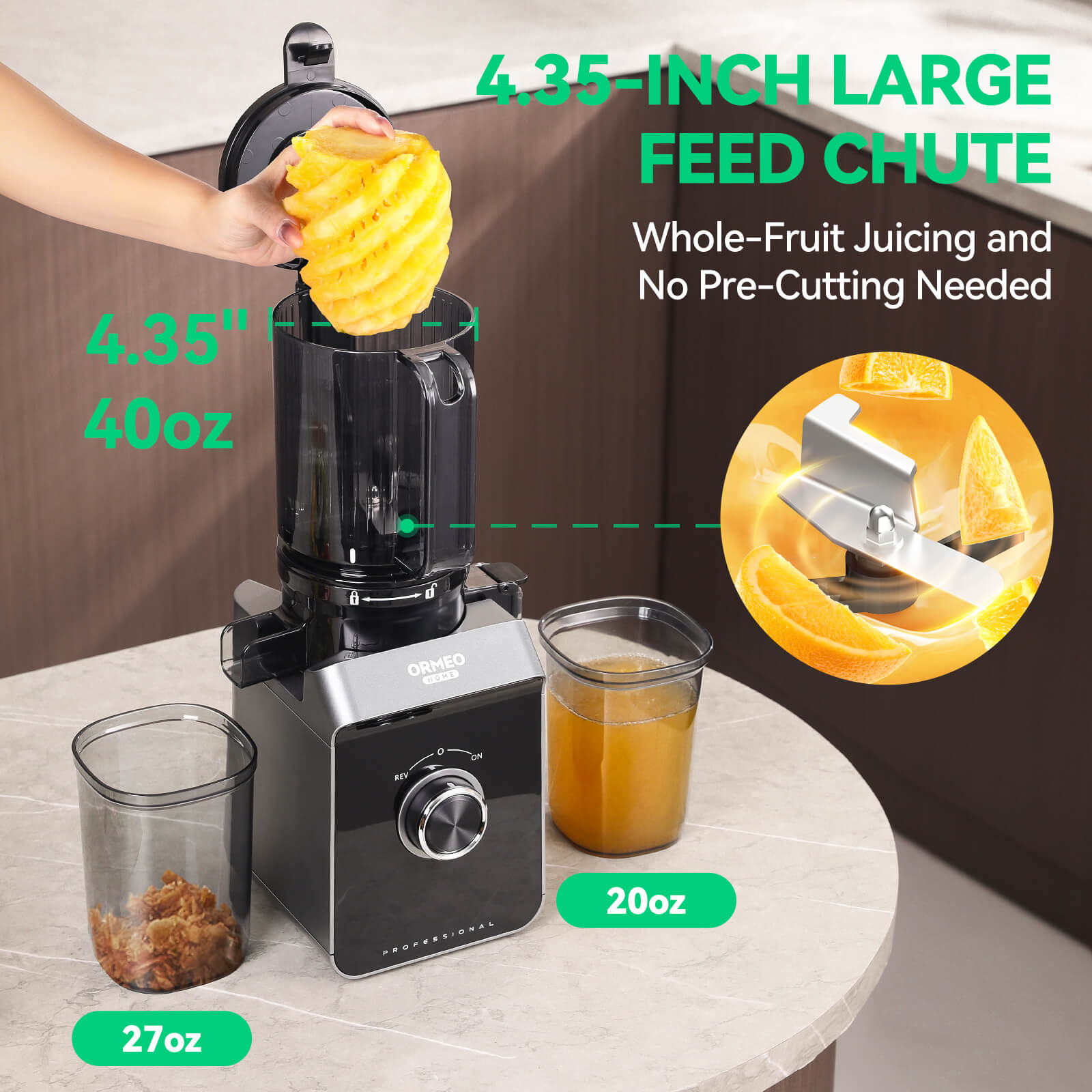


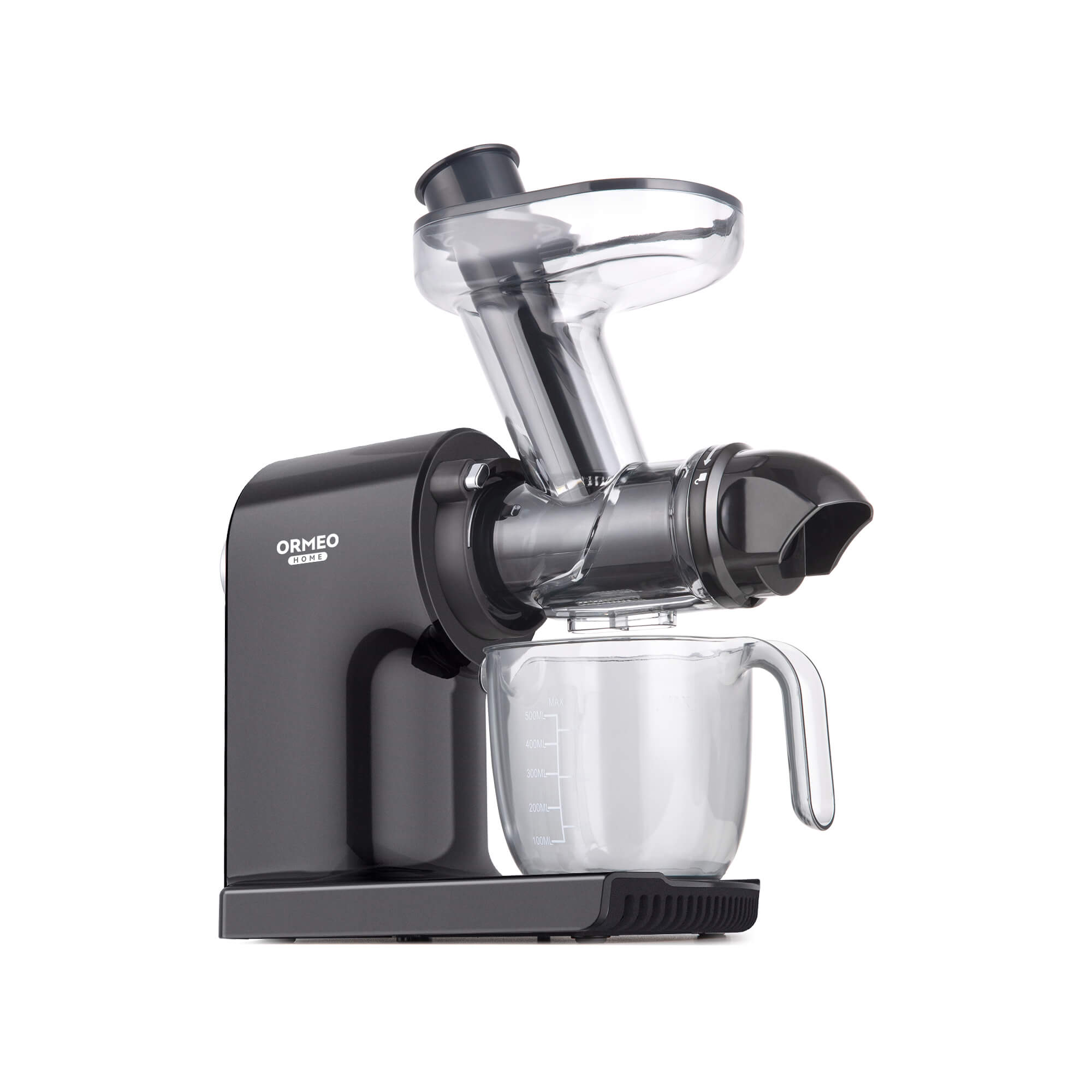
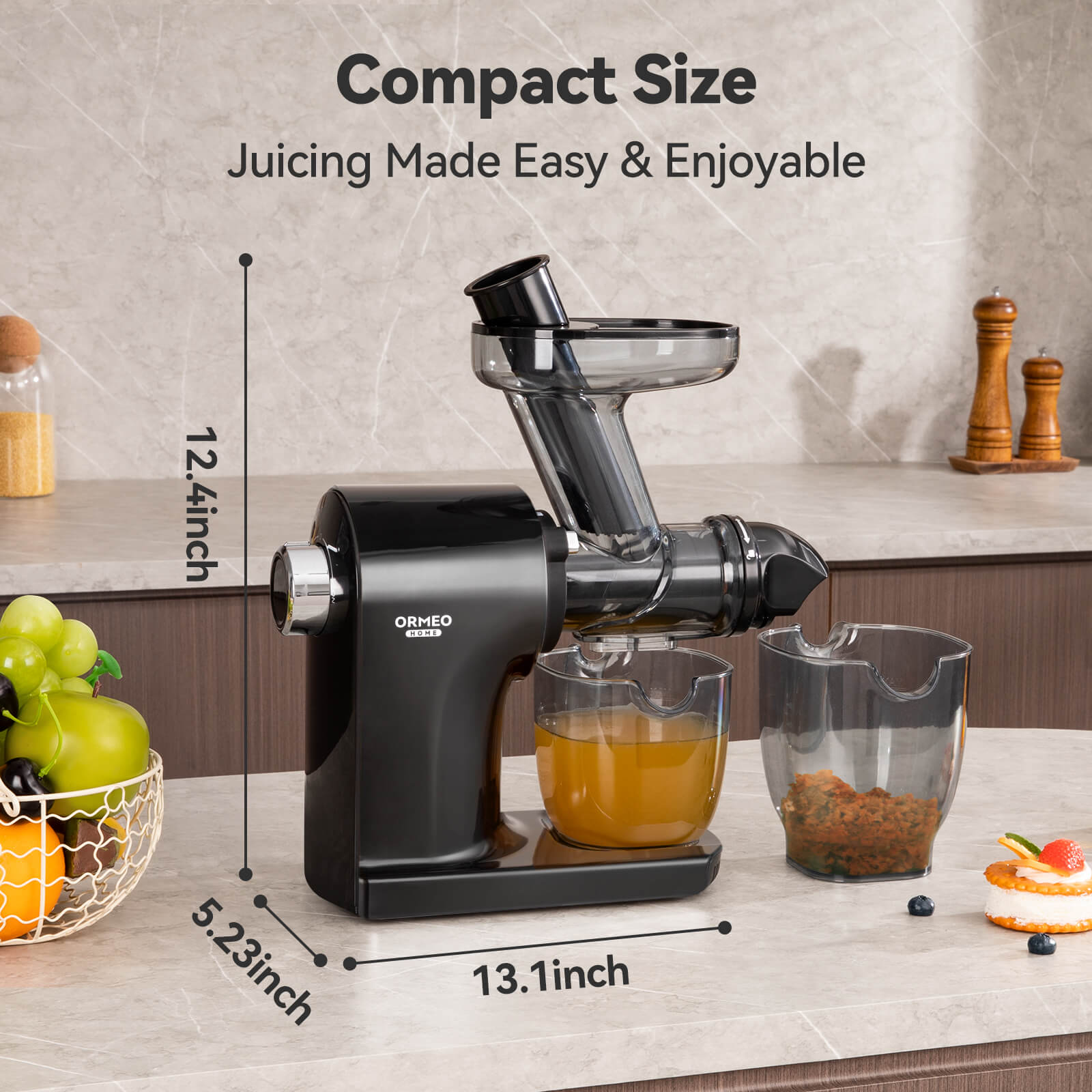
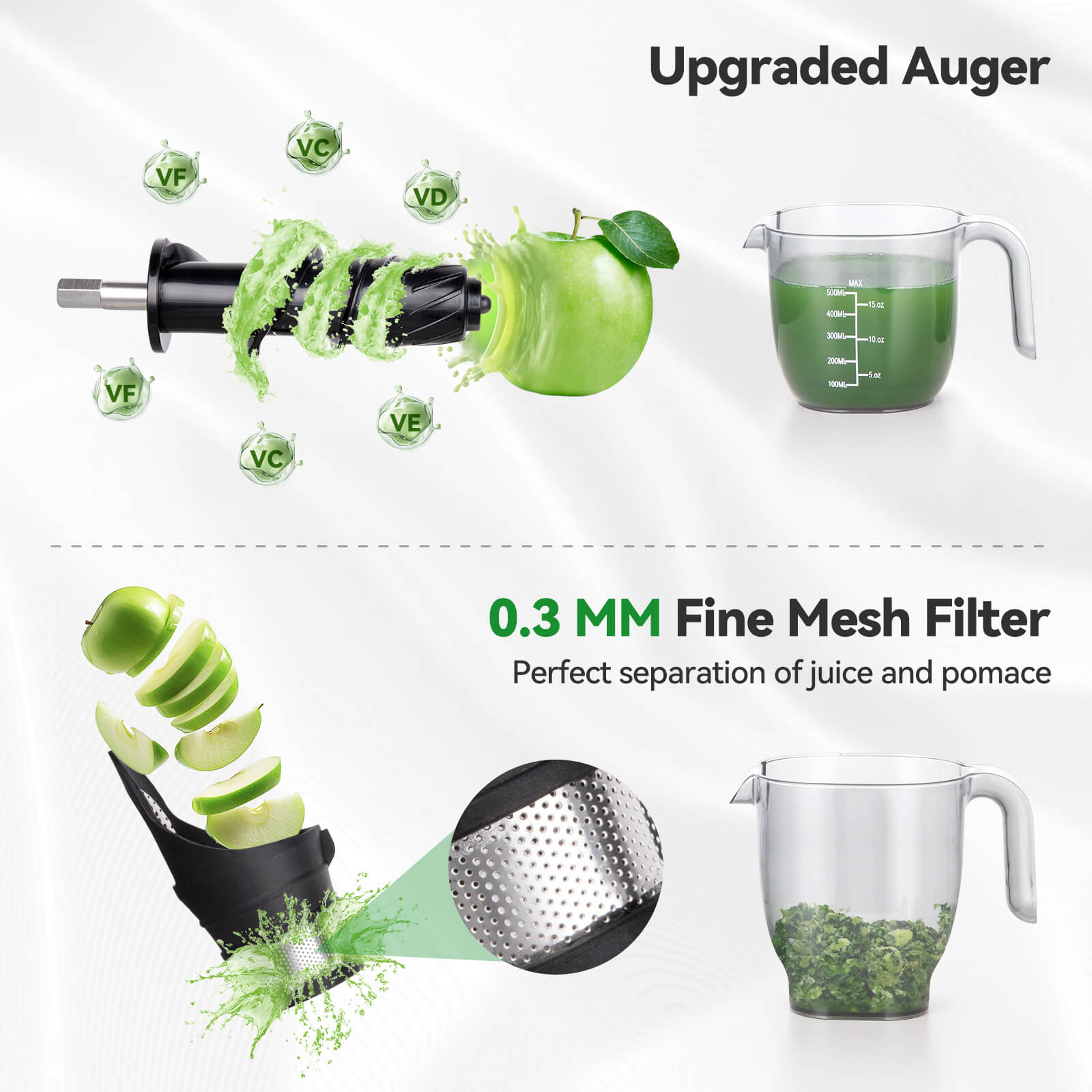

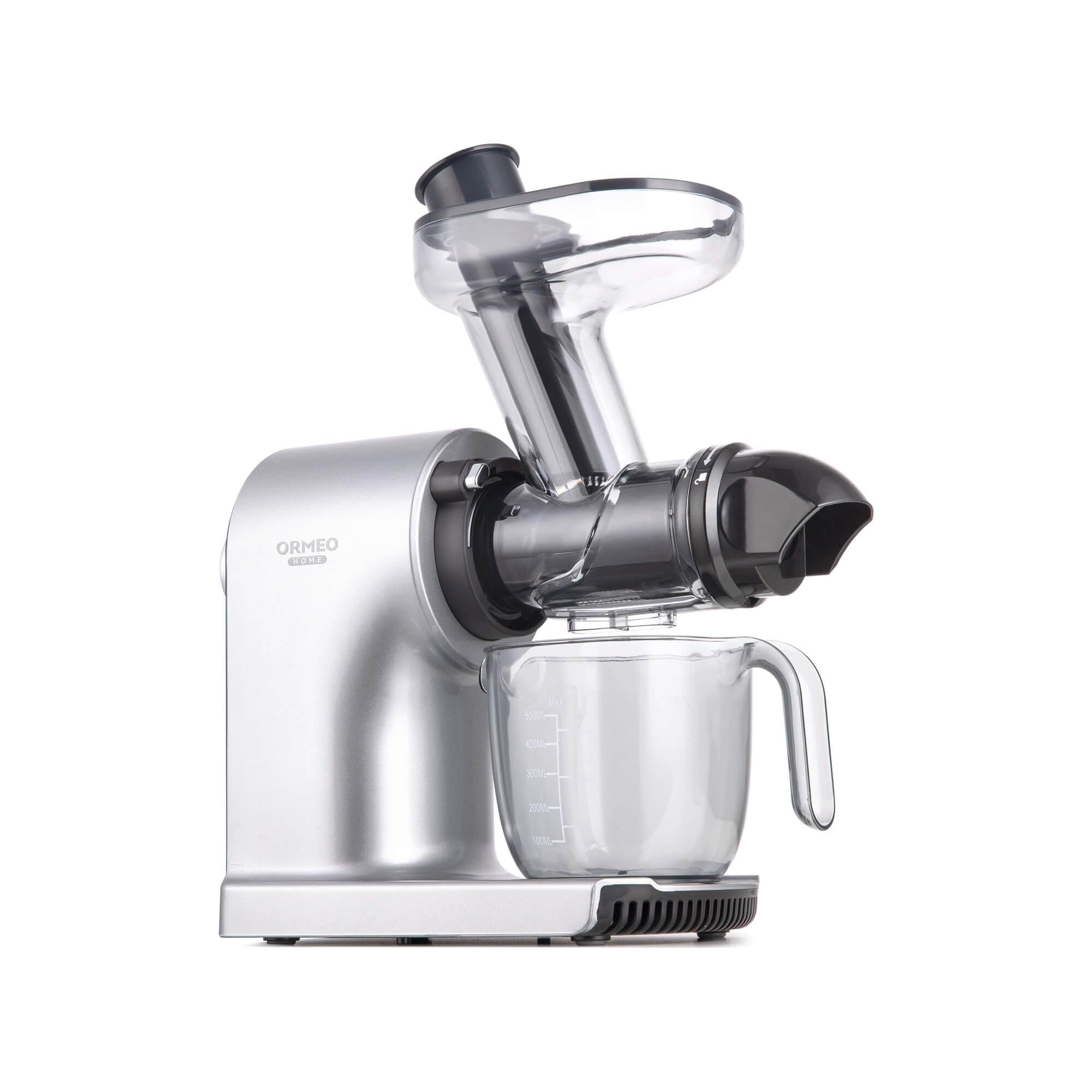
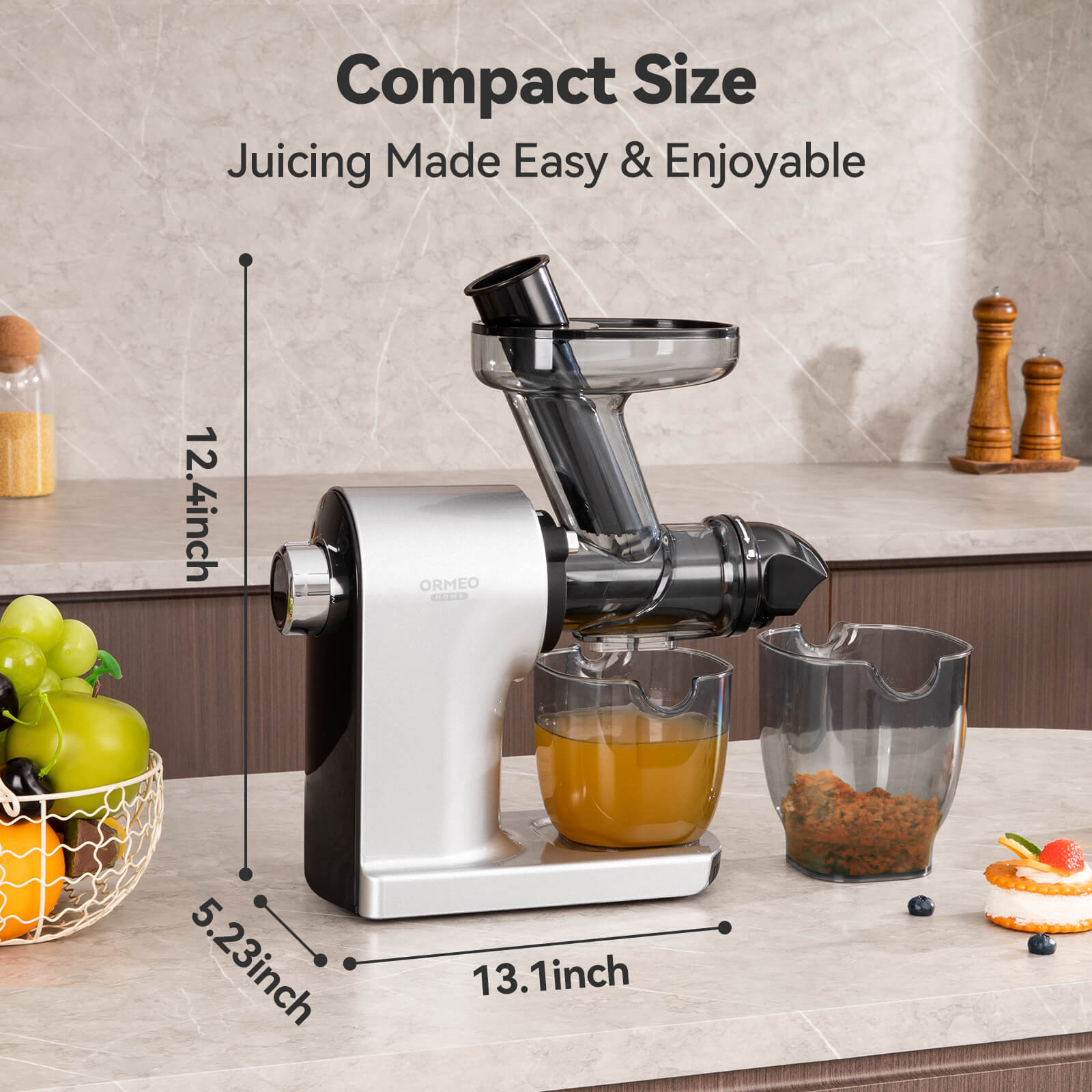
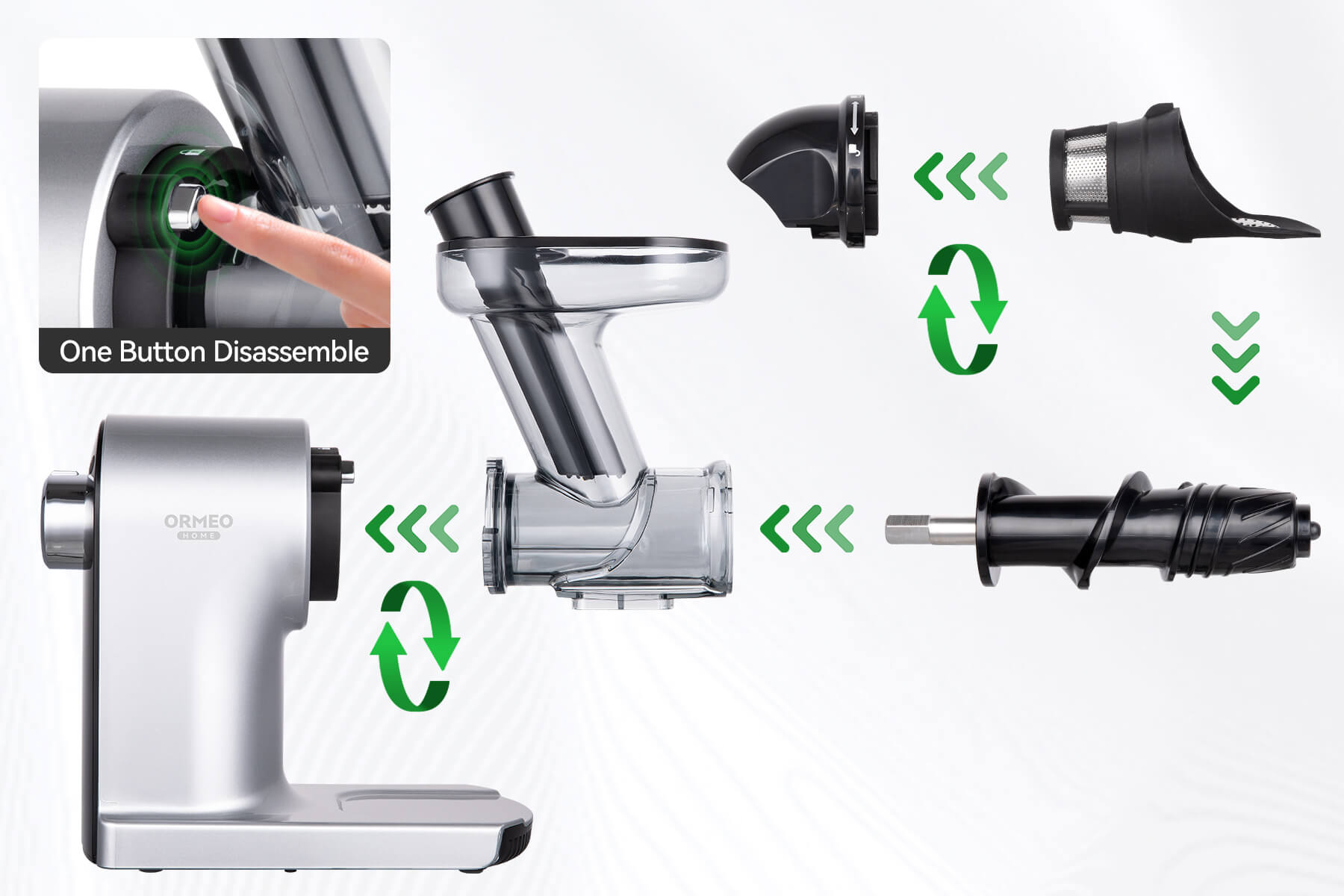

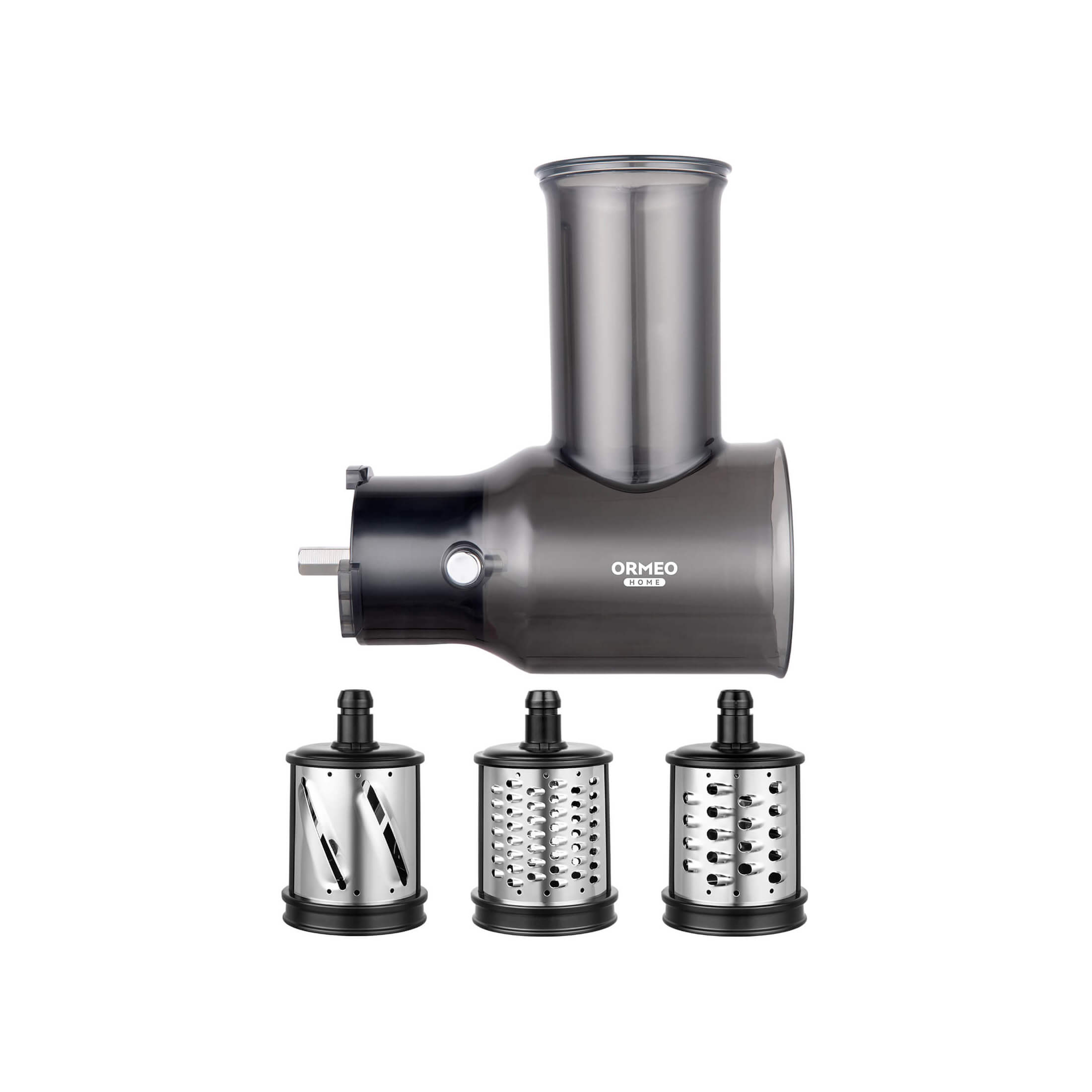
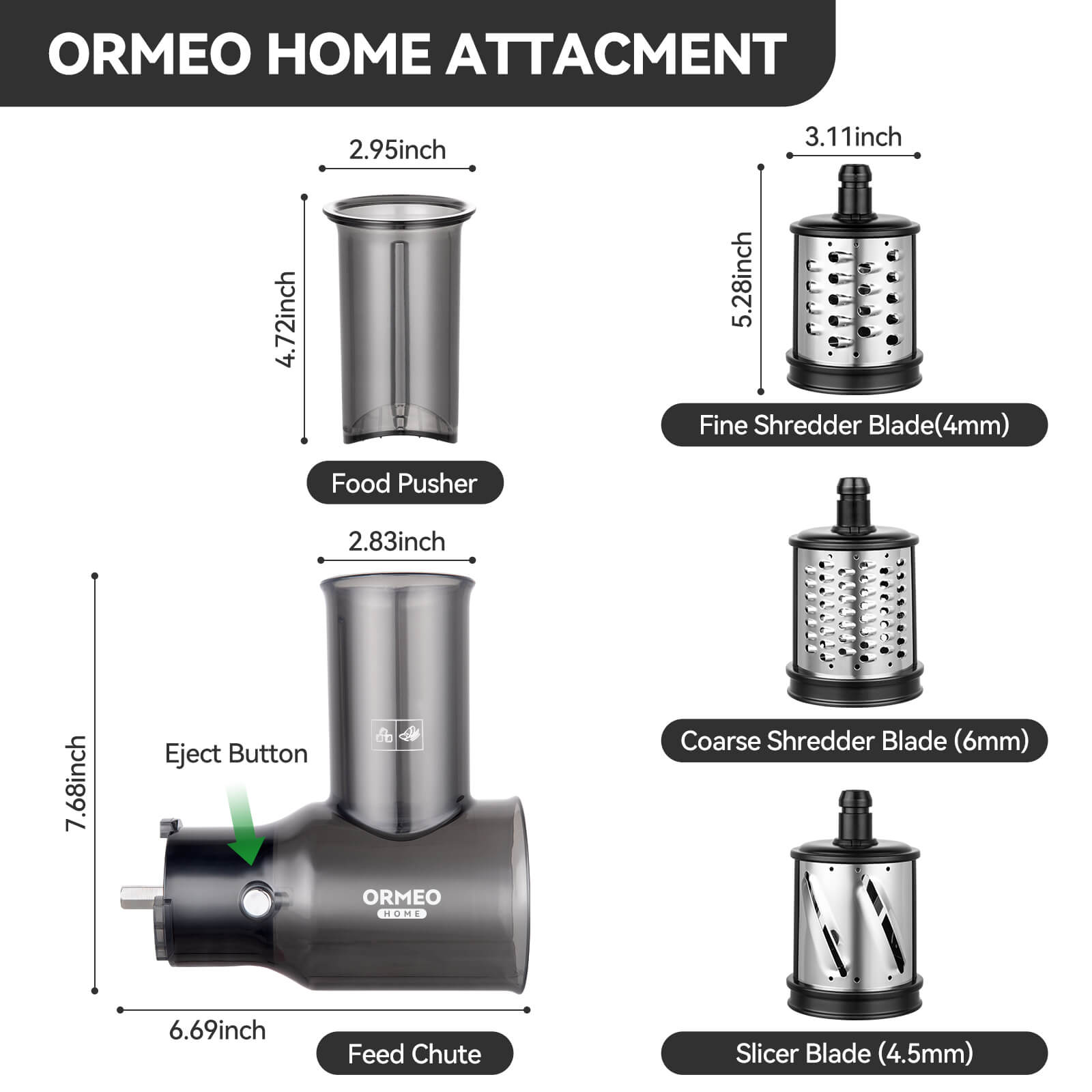
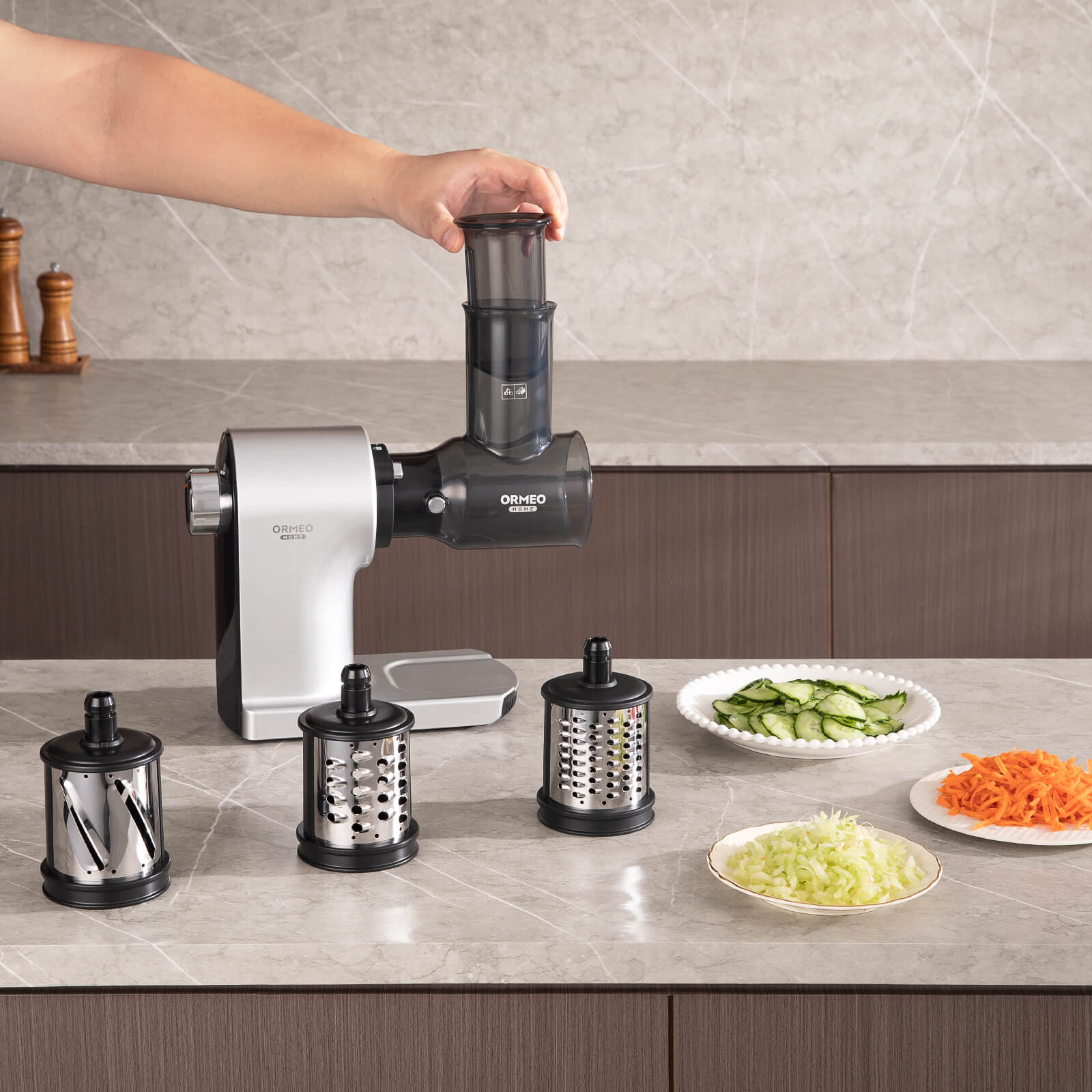
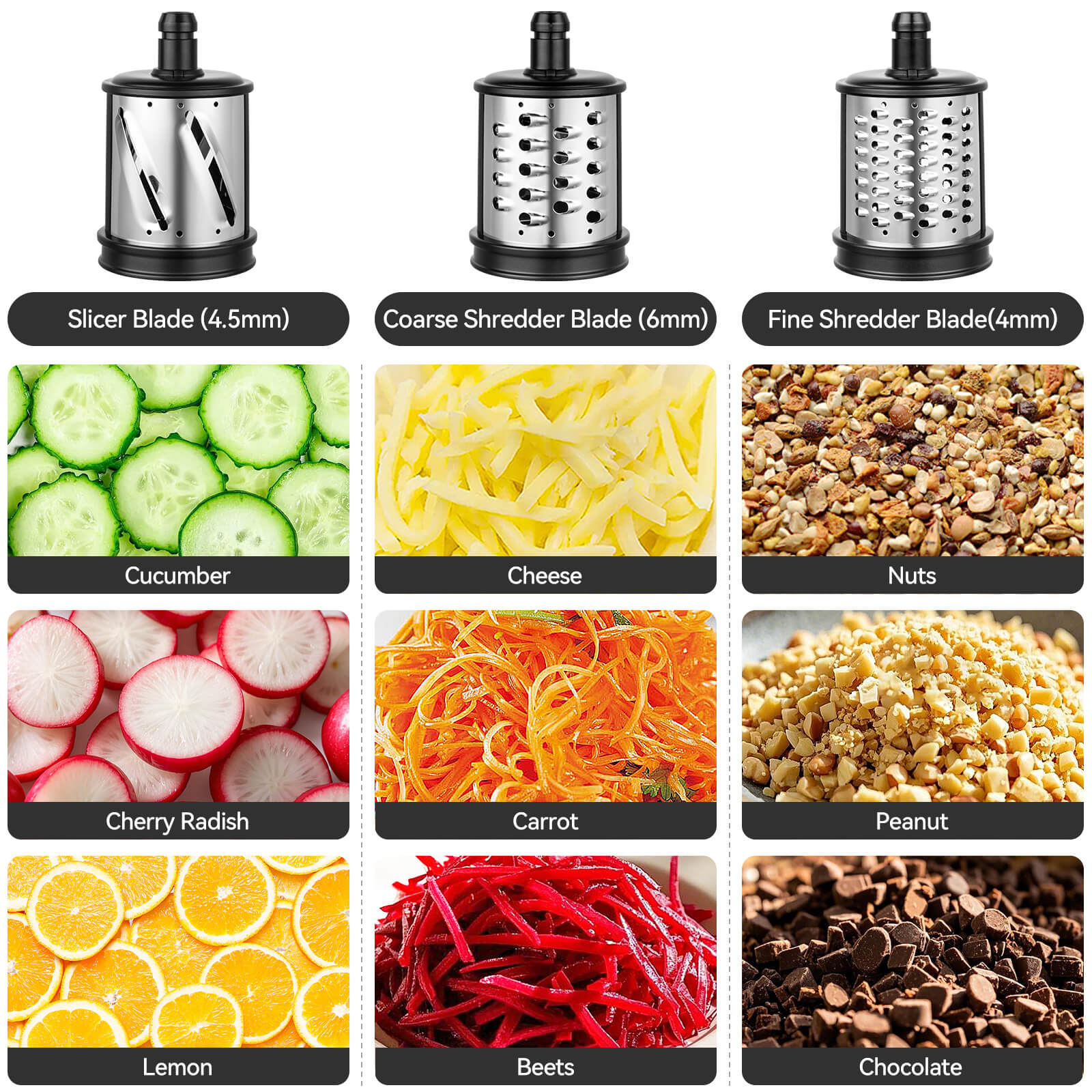
Share:
How ORMEO Cold Press Juicer Redefines the Best Juicer Machines
What Makes Masticating Juicers a Must-Have in 2025